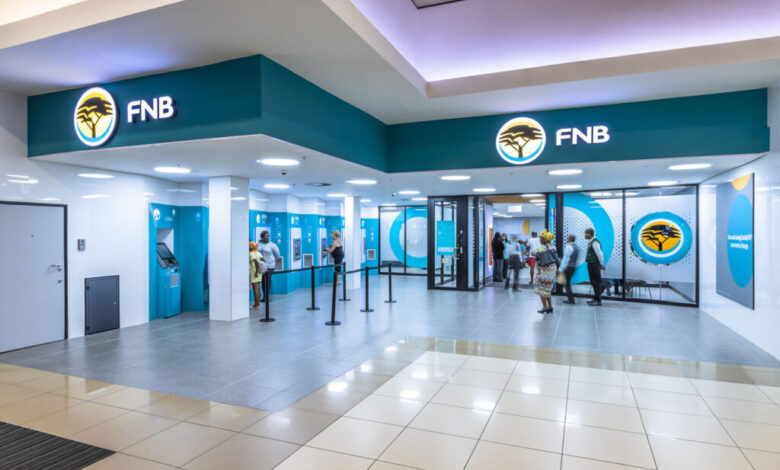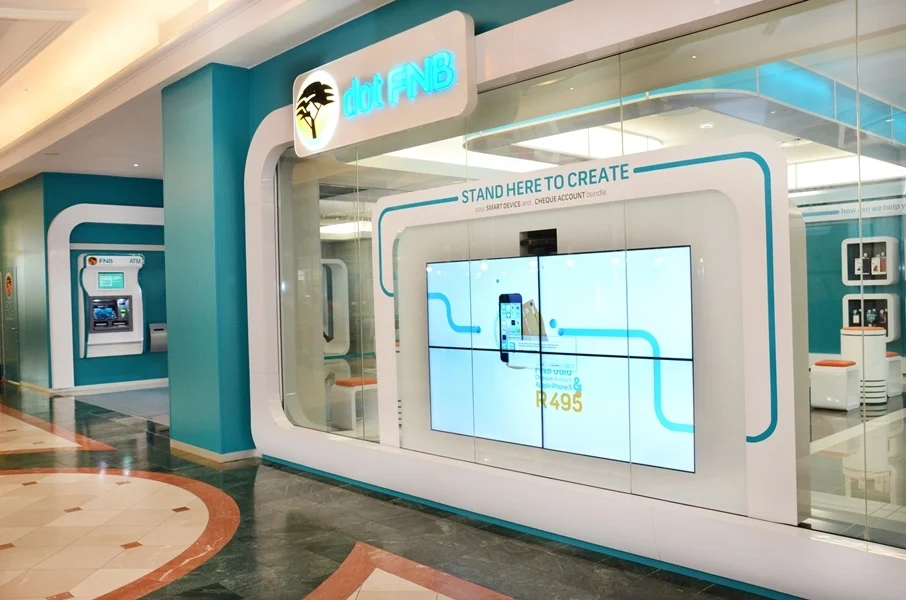How FNB Became a Digital Banking Pioneer in South Africa

How FNB Became a Digital Banking Pioneer in South Africa. In the dynamic and competitive world of banking, First National Bank (FNB) has emerged as a trailblazer, revolutionizing the financial landscape in South Africa. From its humble beginnings to becoming a leader in digital innovation, FNB has consistently demonstrated resilience, adaptability, and an unwavering commitment to meeting customer needs. This article delves into the key strategies, milestones, and lessons from FNB’s journey, offering actionable insights for aspiring entrepreneurs and business leaders.
A Legacy Rooted in Innovation
FNB traces its origins back to 1838, making it one of the oldest banks in South Africa. While the institution initially catered to basic banking needs, its trajectory changed dramatically as technological advancements began to redefine the industry. Recognizing the need to stay ahead of the curve, FNB embraced a culture of innovation, positioning itself as a forward-thinking financial institution.

The Digital Transformation
- Early Adoption of Technology
- FNB’s journey as a digital banking pioneer began with the introduction of internet banking. At a time when many South Africans were still unfamiliar with online platforms, FNB’s bold move demonstrated its commitment to leveraging technology for customer convenience.
- Lesson: Early adoption of emerging technologies can set a business apart from competitors. Entrepreneurs should stay attuned to technological trends and be willing to take calculated risks.
- Launching the FNB App
- FNB launched its banking app, revolutionizing the way customers interacted with their finances. This milestone was a game-changer, allowing customers to perform transactions, make payments, and even purchase airtime from their smartphones. The app’s user-friendly interface and comprehensive features quickly gained traction, setting a new standard for digital banking.
- Lesson: Simplicity and functionality are key when introducing new technologies. Businesses should prioritize the user experience to ensure widespread adoption.
Capitalizing on South Africa’s Mobile Revolution
With the rapid proliferation of mobile phones in South Africa, FNB identified an opportunity to bridge the gap between traditional banking and underserved communities. The bank introduced innovative solutions such as eWallet, enabling users to send and receive money via mobile phones without the need for a bank account. This initiative not only expanded FNB’s customer base but also promoted financial inclusion in a country where many lacked access to formal banking services.
- Lesson: Understanding and addressing the specific needs of your target audience can unlock new markets. Tailored solutions can drive both growth and social impact.

Strategic Marketing and Branding
FNB’s marketing campaigns have consistently emphasized its innovative edge. Slogans like “How can we help you?” reinforced the brand’s customer-centric approach, while creative advertising highlighted its technological advancements. By positioning itself as a partner in progress, FNB cultivated strong brand loyalty and trust among its customers.
- Lesson: Effective marketing goes beyond promoting products; it tells a story that resonates with customers. Entrepreneurs should focus on building a brand identity that aligns with their values and mission.
Challenges and Lessons Learned
- Overcoming Skepticism
- When FNB first introduced internet banking and later its app, many South Africans were hesitant to embrace digital platforms due to concerns about security and unfamiliarity with technology. FNB addressed these challenges through robust cybersecurity measures and educational campaigns, gradually building trust among users.
- Lesson: Customer education and transparency are crucial when introducing innovative solutions. Businesses should proactively address potential concerns to gain consumer confidence.
- Balancing Tradition and Innovation
- While pushing the boundaries of digital banking, FNB faced criticism for potentially alienating older or less tech-savvy customers. The bank responded by maintaining traditional banking channels while gradually transitioning its customers to digital platforms through incentives and support.
- Lesson: Innovation should be inclusive. Businesses must consider the diverse needs of their customer base and ensure that new initiatives do not leave anyone behind.
Embracing a Culture of Innovation
FNB’s success is rooted in its ability to foster a culture of innovation. The bank established internal platforms to encourage employees to share ideas and solutions, ensuring that creativity and problem-solving remained at the heart of its operations. This approach not only drove technological advancements but also boosted employee morale and engagement.
- Lesson: A culture of innovation begins from within. Entrepreneurs should create environments where employees feel empowered to contribute ideas and challenge the status quo.

What Entrepreneurs Can Learn from FNB
- Anticipate Change: Stay ahead of industry trends and adapt to evolving customer needs.
- Focus on Value: Ensure that innovation adds tangible value to customers’ lives.
- Embrace Risk: Be willing to take calculated risks to stand out in a competitive market.
- Invest in People: Foster a culture of collaboration and creativity within your organization.
- Balance Tradition and Modernity: Respect your roots while embracing the future.
Conclusion
FNB’s journey from a traditional bank to a digital banking pioneer is a testament to the power of innovation, adaptability, and customer-centricity. By understanding its audience, leveraging technology, and embracing a forward-thinking mindset, FNB not only transformed itself but also set a benchmark for the banking industry in South Africa. For aspiring entrepreneurs, the story of FNB serves as an inspiring reminder that success lies in the ability to evolve, inspire, and consistently deliver value.




